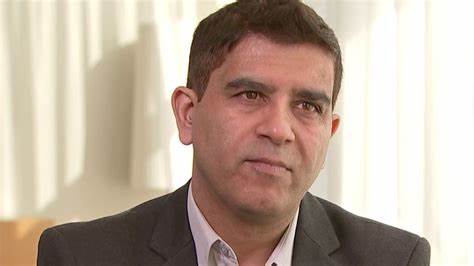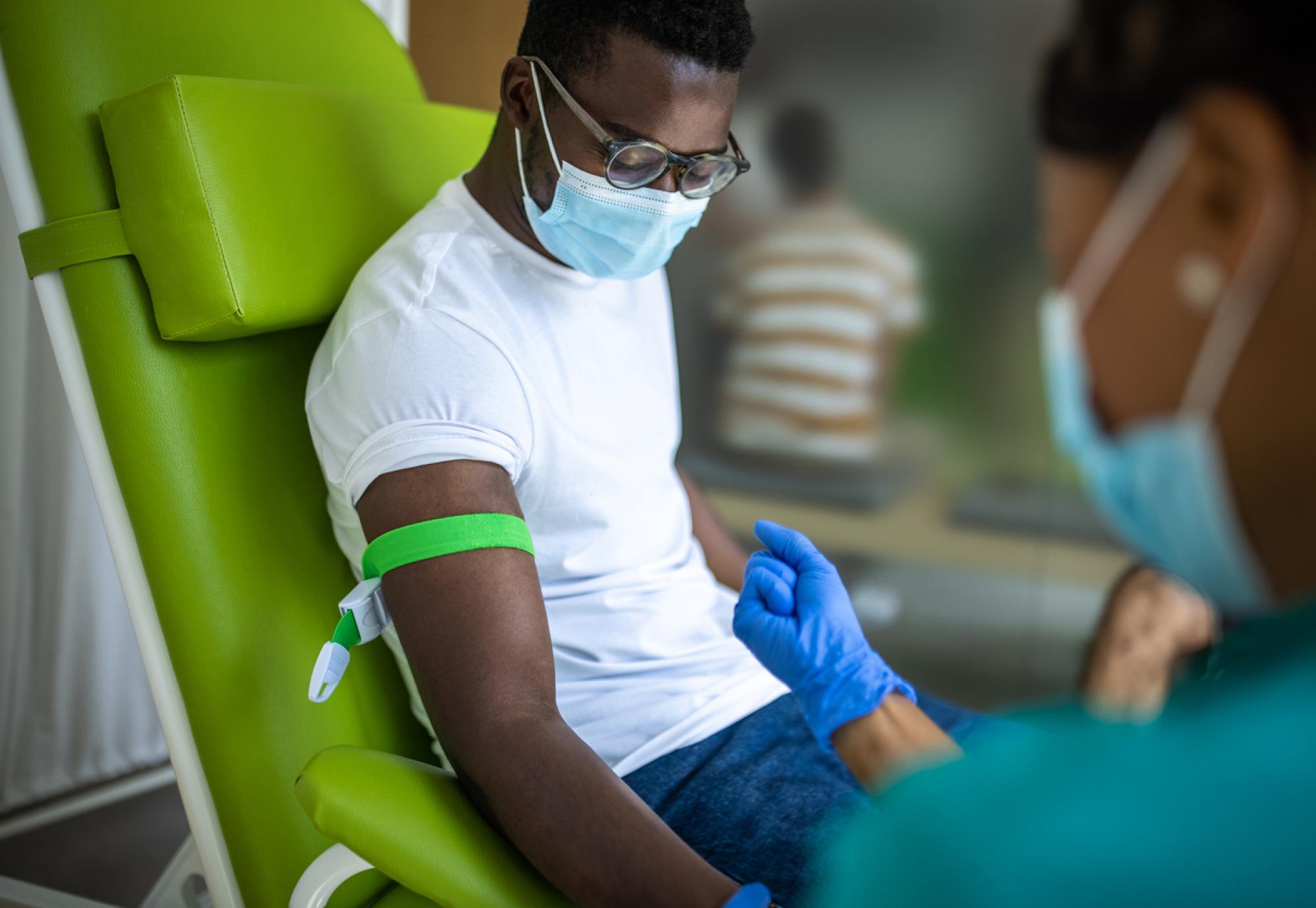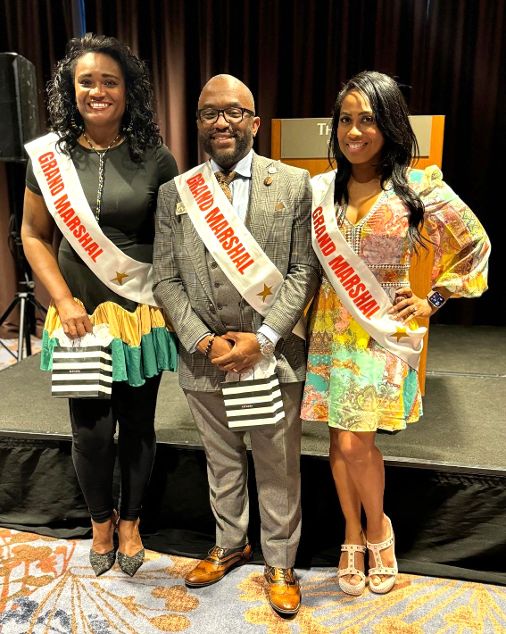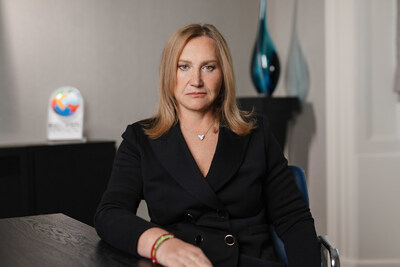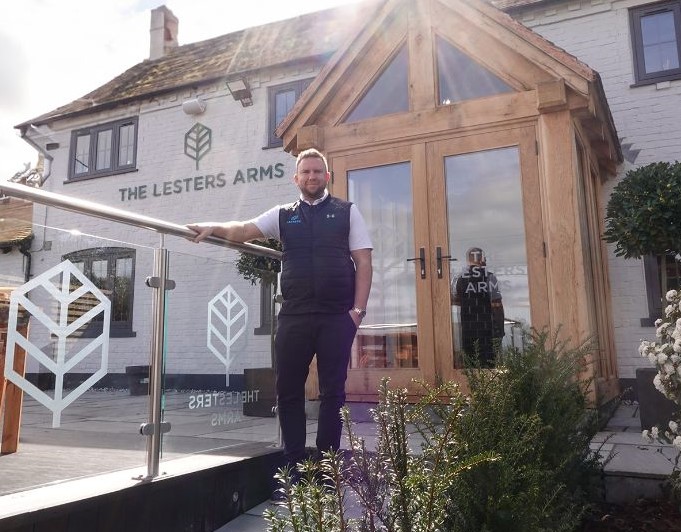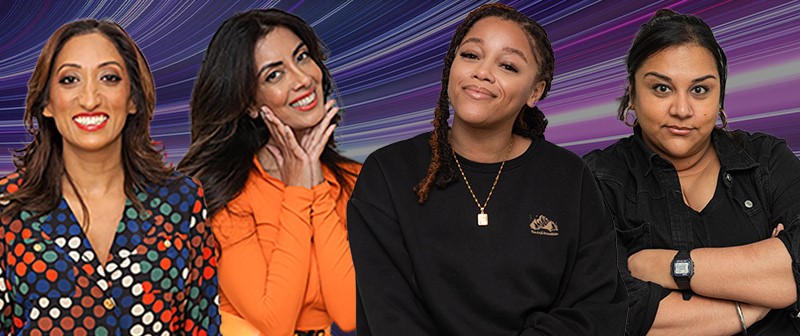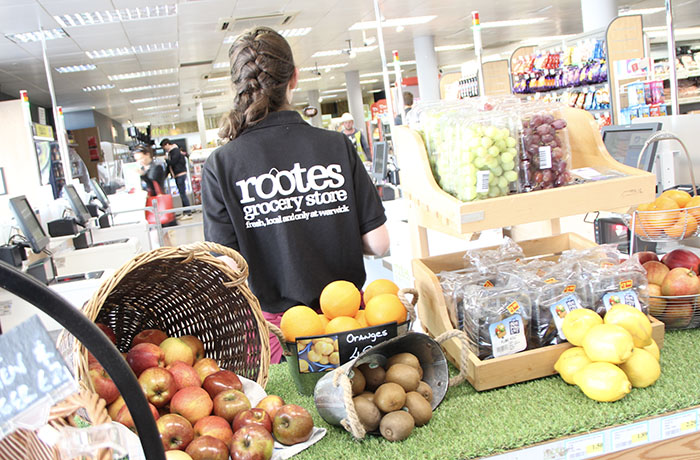The NHS is urgently calling for Black donors to give blood to help people with sickle cell disease as the demand for donations reaches record levels. About 250 donations are needed every day to help treat the blood disorder in England. But currently only about half of all hospital requests are being met with matched blood, the NHS says.
Sickle cell mostly affects people of Black heritage and ethnically matched blood gives the best treatment. The disease, which is the fastest-growing genetic condition in the UK, causes red blood cells to distort and become sticky, blocking vessels and restricting oxygen supply, which triggers excruciating pain.
Many patients need regular blood transfusions to stay alive. Five years ago, 150 donations a day were needed. Now that figure is at 250, with the demand projected to keep on rising.
NHS Blood and Transplant say this is due to patients living longer and the increased use of complete blood transfusions, which has improved patient outcomes. About 55% of Black people have a Ro blood type, compared to 2% of the wider population.
It is clinically safe for patients to be treated with O negative - the universal blood type - but that can lead to complications in the long term. The NHS says the shortage of ethnically matched blood increases the risk of these reactions for people with sickle cell.
Well-matched blood from within the Black community can be the difference between life or death. The urgent call from the NHS Blood and Transplant service comes as it launches a Black History Month campaign to highlight how Black communities have the power to help treat sickle cell and provide life-changing blood donations.
Dr Rekha Anand, a consultant in transfusion medicine, said: "Matched blood is vital for sickle cell patients to reduce the risk of serious complications and black people are more likely to be able to donate matched blood.
"There has been a small rise in black people donating blood, but we urgently need more to become regular donors. Giving blood is easy, quick and safe - and you will save and improve lives."
The regional director for London for the Office for Health Improvement and Disparities, Professor Kevin Fenton, said: "Being able to provide high quality clinical care to sickle cell patients both saves and improves the quality of their lives and is an important step in helping tackle health inequalities."
People can check their eligibility to donate online.



